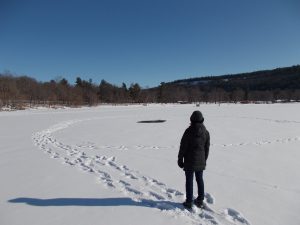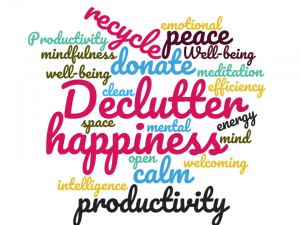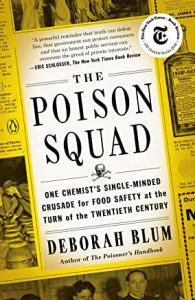
In 1970, a team led by Wisconsin Senator Gaylord Nelson promoted the first Earth Day on April 22. People were spurred into action by Rachel Carson’s book, Silent Spring, by the 1969 California oil spill, and by an awareness that the health of the planet was critical for future generations.
That first Earth Day launched a series of efforts. The Clean Air, Clean Water, and Endangered Species Acts were authorized. The Environmental Protection Agency (EPA) was created in the United States. Many countries adopted similar laws and actions. A concurrent Earth Month was established by a citizen-based non-profit.
Earth Day’s 50th anniversary occurred at the time of COVID. Two consequences are notable. First, COVID restrictions paused some contributors to pollution.… Read the rest









